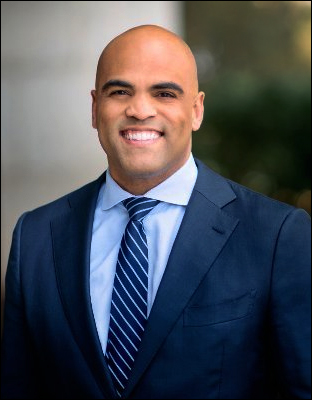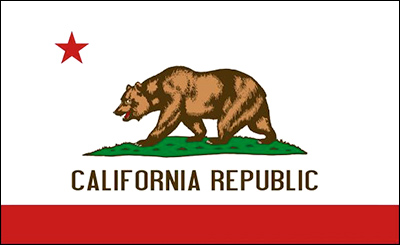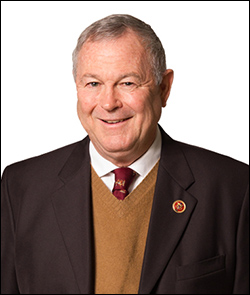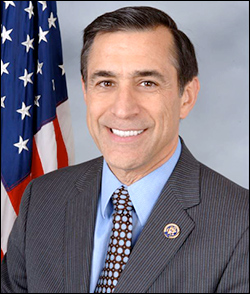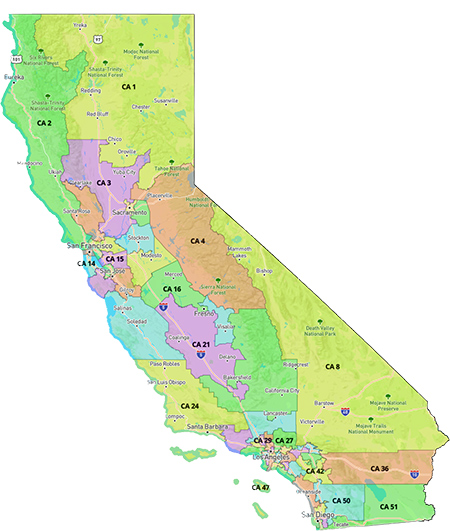By Jim Ellis — Monday, May 6, 2024
Senate
Maryland: Trone’s Spending & Gaffes — Reports are surfacing that Rep. David Trone’s (D-Potomac) personal spending on his Senate race to win the Maryland Democratic US Senate primary has now exceeded an incredible $57 million. Polling, however, suggests that while Trone leads on the various ballot tests he still hasn’t quite put away Prince George’s County Executive Angela Alsobrooks.Trone is now recovering from two misstatements that have caused him to publicly apologize. The first was uttering a racially insensitive comment during a committee hearing, and the second is verbiage in his latest ad that suggests he wouldn’t need “training wheels” once he entered the Senate, which is a condescending backhanded swipe at Alsobrooks’ lack of legislative experience. Trone had to publicly apologize for the committee remark, and now has removed the training wheels language from his ads, yielding to the criticism. Thus, he is in an apologetic position entering the critical final two weeks of campaigning before the May 14 primary election.
House
CA-49: Becoming Competitive — California Rep. Mike Levin’s (D-San Juan Capistrano) Orange-San Diego County district is on the borderline of competitiveness. The FiveThirtyEight data organization rates the seat as D+5 and President Joe Biden carried the district with a 55-43 percent margin. The Daily Kos Elections site ranks CA-49 as the 29th most vulnerable seat in the Democratic Conference. In the 2022 election, Rep. Levin defeated frequent Republican congressional candidate Brian Maryott, 52.6 – 47.4 percent, which is a closer margin than President Biden’s.
Republicans, armed with what appears to be a better candidate in the ’24 election, just released an 1892 research organization poll from three weeks ago (April 9-11; 400 likely CA-49 general election voters; live interview) that finds Rep. Levin only leading business owner Matt Gunderson (R) by a scant 44-42 percent margin with President Biden’s image degrading to an upside-down 39:56 percent favorable to unfavorable ratio. This, coupled with the fact that Rep. Levin only pulled 51 percent of the vote in the March jungle primary, suggests this race could become highly competitive in November.
CA-16: A Greater Understanding — The Silicon Valley congressional situation may be becoming clearer. With the original count showing Assemblyman Evan Low (D-Campbell) and San Mateo County Supervisor Joe Simitian (D) tied for the second general election qualifying position after all ballots were counted, curiosity arose when allies of first-place finisher Sam Liccardo (D), the former mayor of San Jose, requested and paid for an electronic recount. Under California election procedure, in the event of a tie between candidates for a general election qualifying position, both would advance to the November ballot. Therefore, it was in neither Simitian nor Low’s interest to request a recount.
An early April Lake Research poll (April 5-8; 400 likely CA-16 general election voters; live interview) found a tight three-way contest if the tie stood, with Liccardo leading Assemblyman Low and Supervisor Simitian by a tight 26-21-20 percent count. If the battle were only between Liccardo and Low, the former mayor would hold a stronger 36-26 percent advantage. The recount did change the outcome, and the final numbers now show Low with a five-vote advantage. It remains to be seen if Simitian will challenge that result.
NC-13: Candidate Daughtry Drops Out — Attorney Kelly Daughtry (R), who placed first in the 14-candidate 13th District Republican primary on March 5, has now dropped out of the race. Daughtry indicated her initial internal polling suggested she led the runoff against former federal prosecutor Brad Knott, but the candidate said when former President Donald Trump endorsed her opponent, the race’s entire political flow changed.
Saying that Trump’s “involvement has foreclosed her path to victory,” Daughtry announced late last week that she is ending her campaign. This means that Knott will be effectively unopposed in the May 14 Republican runoff and is a lock to convert the newly redistricted seat to the GOP column in November.


